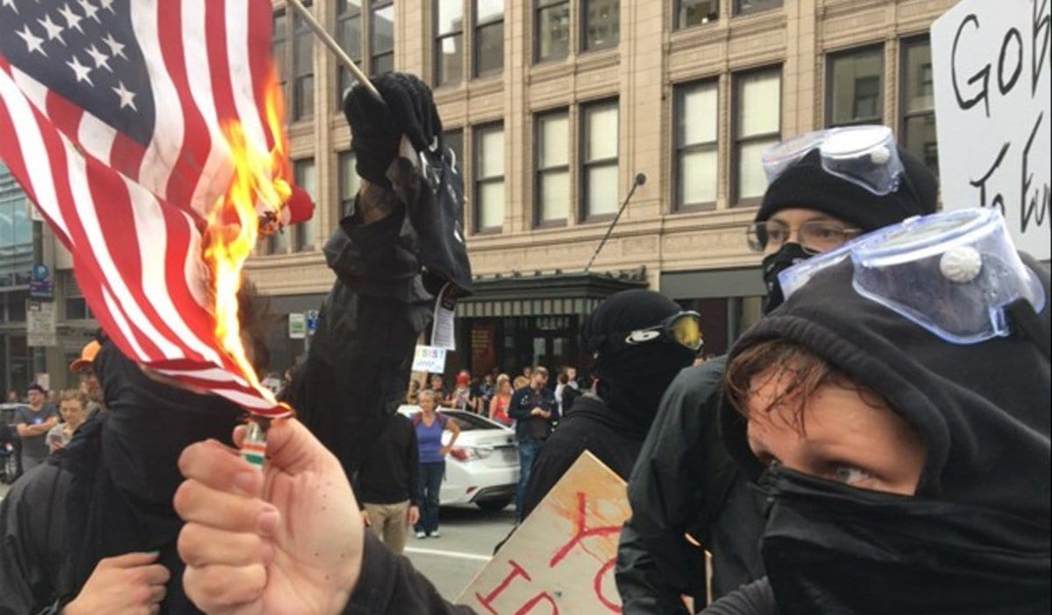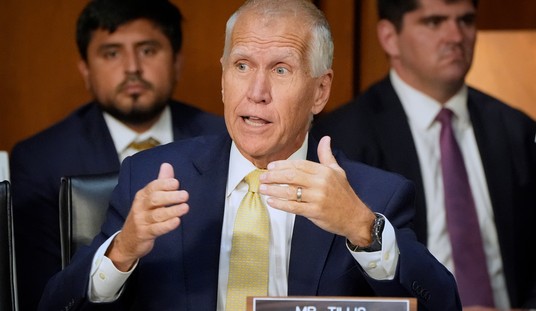Hitler once said, “He alone, who owns the youth, gains the future.” Totalitarians like Hitler and Lenin knew that any opposition by the population to their policies would be erased in a couple of generations if they could capture the minds of young people.
Hitler had the Hitler Youth. Lenin, the Young Communist League. In the case of the Hitler Youth, membership was eventually made mandatory. The Young Communist League was seen as a vital stepping stone to the good life for children in the Soviet Union.
I bring this up because while conservatives were busy making tons of money in the ’80s, ’90s, and early 2000s, liberals were busy taking over the entire educational establishment. The fruits of their labors? A couple of generations of kids who are clueless about the complete history of the country they grew up in.
There’s nothing wrong with teaching about slavery, about Jim Crow, about the denial of equality and opportunity to many millions of Americans in the past — and the present. But, as was made clear by Campus Reform’s Cabot Phillips when he interviewed young people in New York about Governor Andrew Cuomo’s “America was never that great” remark, millennials are ignorant of the real accomplishments and achievements of all Americans, of many colors and ethnicities, through the centuries.
When asked if there was ever a time in America’s history when we were great, the majority of the people I spoke with made it clear: they were siding with Governor Cuomo.
“I don’t believe America has been great for all folks, ever. Even today,” said one respondent, while another added simply, “I would have to agree with Governor Cuomo.”
One person elaborated on their reasoning for saying America was never great, saying, “The idea that there was this once great America is pointing towards this false sense of nationalism…What, it’s talking about white America? Yeah, it’s not great.”
Another respondent cited similar points, declaring that “America has been great…for straight white men.”
Wondering if this thought process stemmed from what was being taught in the classroom, I followed up by asking if they’d ever been taught American Exceptionalism in school.
Just one person said it was a concept they’d been taught in class.
“I’ve never heard of it before,” conceded one, while another explained that “I personally wasn’t taught American Exceptionalism because I went to a very forward thinking liberal school…”
I never learned about American exceptionalism in school. I was able to figure it out for myself. The problem, as I see it, is how history is taught in schools, not so much what is taught.
A million years ago when I was in primary and secondary school, American history was taught as a narrative — a broad, sweeping story with heroes and villains, famous events, and significant places. Names, places, and events were easy to memorize and it was easy to quantify the progress of the pupil in knowledge gained.
In truth, while narrative history is very entertaining, it doesn’t tell the whole story. Too many things are happening at the same time to capture the essence, or “the truth” of history. The emphasis on the “Great Man” theory of events ignored the currents and eddies that drove history forward — the movements, ideas, and beliefs of ordinary people that made “Great Men” captives to events.
So for all its value as a simple and expedient way to teach and read history, the narrative leaves much to be desired.
How do you write history that comes closer to the reality of what happened? Social history, which is nothing more than studying the lives of individuals in the context of the times they lived, offers an intriguing alternative to narrative history. But the value of social history has been subverted to serve a modern political agenda. The teaching of American “history” has been fashioned to undermine universal values of freedom and liberty, substituting the social history of oppressed and discriminated minorities as the main point of emphasis. This is no doubt important, but how much closer is the student to discovering the “truth” of what happened?
Lost in the telling are the overarching themes of progress, redemption, and change that make America an exceptional nation. It’s not surprising that millennials would reject an exceptional America when they haven’t been given the total picture — the good, the bad, the ugly, and the sublime.
The left is winning the battle for the hearts and minds of young people and America is suffering as a result.










Join the conversation as a VIP Member